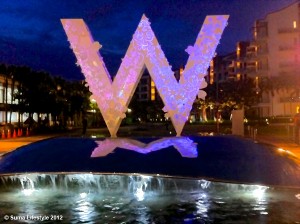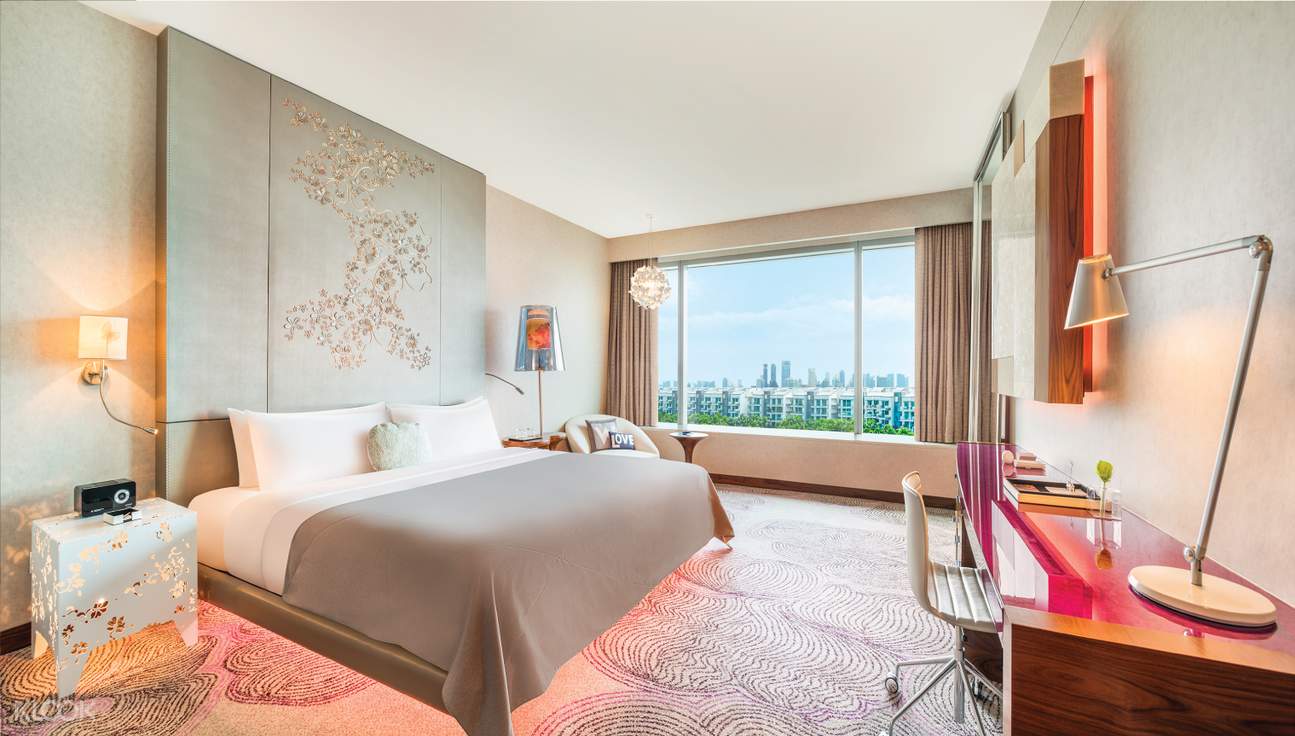

It is important to note that most of people who speak Mandarin are the Chinese Singaporeans. Due to its ability to unify the Chinese living in the region, Mandarin has been on the rise since the 1970s. Mandarin is one of the major languages spoken in Singapore and also serves as one of the official language in the country. The Official Languages Of Singapore Mandarin Language The education system dictates that besides the native languages, citizens should also attempt to learn the national and official languages. Many residents of the country can speak two or more languages, a factor that is infulenced by the education system of the country. English has become one of the dominant languages of Singapore. Malay is the national language of Singapore. Apparently, the country has four official languages, which include English, Malay, Tamil and Mandarin. The languages were born as a result of lingual exchanges between immigrants of various ethnic backgrounds and the natives of the place.

According to statistics, the citizens speak several languages such as Mandarin, Tamil, English, and Malay. The location of the country and its colonial history are important factors that led to the great diversity of languages spoken by citizens living in the country. There are no countries/regions in the Restricted Travel Category which a different set of border and entry requirements may apply.Located in Southeast Asia, Singapore is a state that comprises of a single island and some sixty two islets.

For updates on Singapore’s COVID-19 situation, refer to Ministry of Health and Gov.sg.Īll countries/regions are currently classified under the General Travel Category. Travel restrictions and safe distancing rules may change at short notice.

The Singapore Ministry of Health (MOH) has issued a set of protocols that you should follow if you are feeling unwell, displaying COVID-19 symptoms or test positive while visiting Singapore. Should you feel unwell or test positive for COVID-19 Travellers are advised to check with the respective operators on the mask-wearing requirement prior to their trip. *Depending on where you are travelling to and/or from, some flights and ferries may require you to wear masks onboard. This includes F&B establishments, hawker centres and coffee shops. Mask-wearing will not be required in most places (indoor and outdoor), except in healthcare settings, public transport and some flights and ferries*.ĭine-in is allowed for all fully vaccinated persons. With our latest COVID-19 measures, explore the best of Singapore with greater peace of mind. 2 days before departure: Take a COVID-19 Polymerase Chain Reaction (PCR) or professionally-administered Antigen Rapid Test (ART).Ensure you have travel insurance covering COVID-19, with at least $30,000 of medical coverage.3 days before departure: Submit SG Arrival Card and e-health declaration via the official and free e-service on the Immigration & Checkpoints Authority (ICA) websiteįrom 29 August, non-fully vaccinated visitors will no longer be required to undergo a 7-day Stay Home Notice (SHN) upon arrival or take an exit SHN Polymerase Chain Reaction (PCR) Test.Download the TraceTogether app and register your profile.Secure tickets for any flight to Singapore.* Fully vaccinated and non-fully vaccinated children aged 12 and below by year of birth will be allowed to enter Singapore No entry approvals, pre-departure tests, on-arrival tests and quarantine required. We welcome all fully vaccinated visitors* to Singapore. From 29 August 2022, we welcome all travellers to Singapore regardless of COVID-19 vaccination status.


 0 kommentar(er)
0 kommentar(er)
